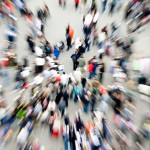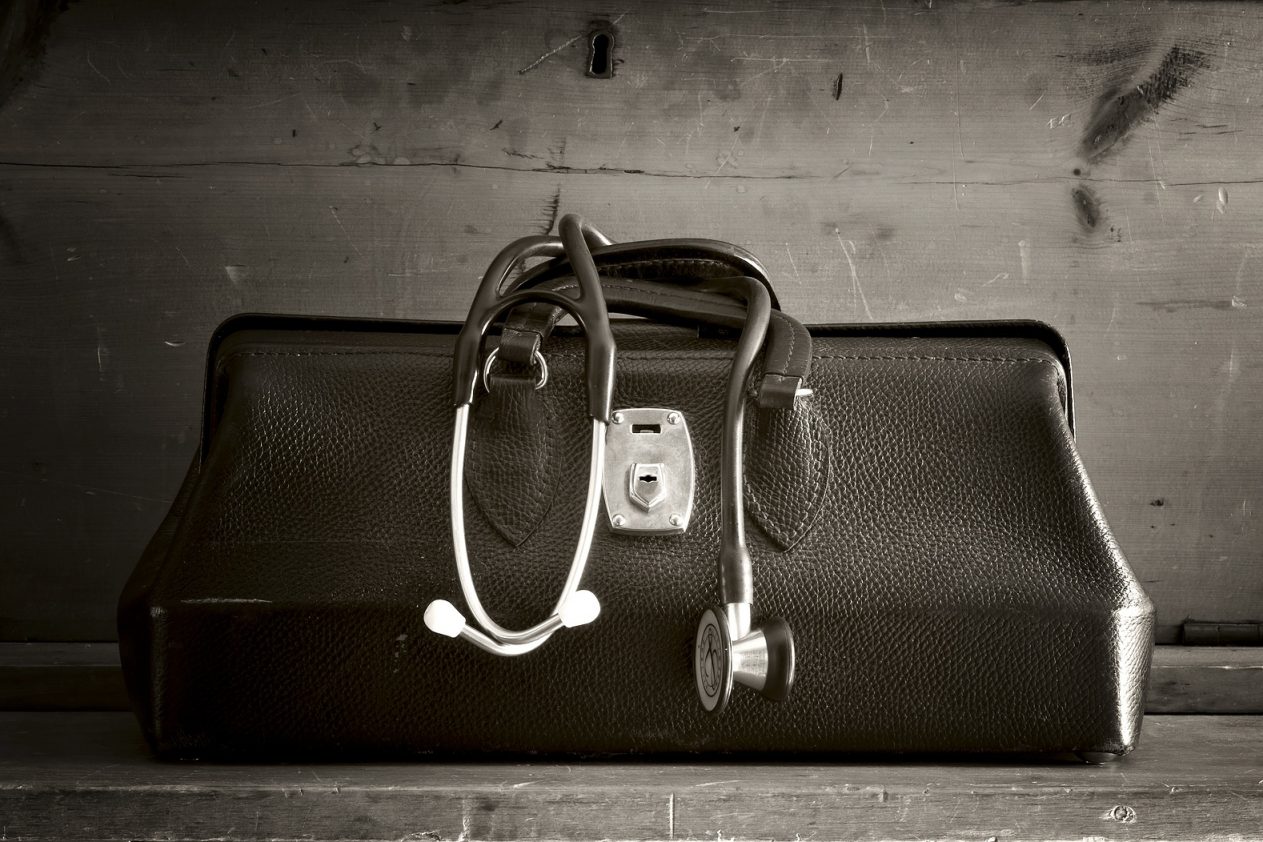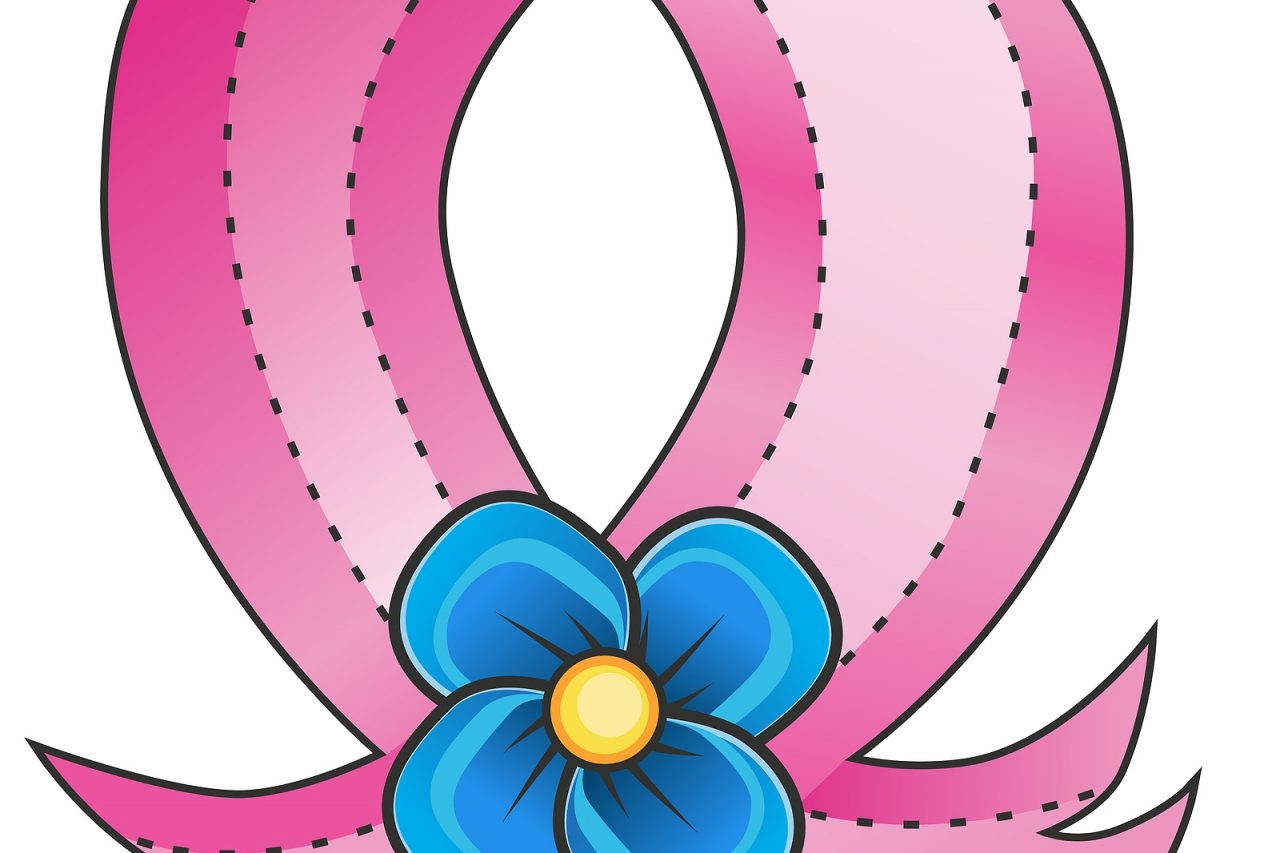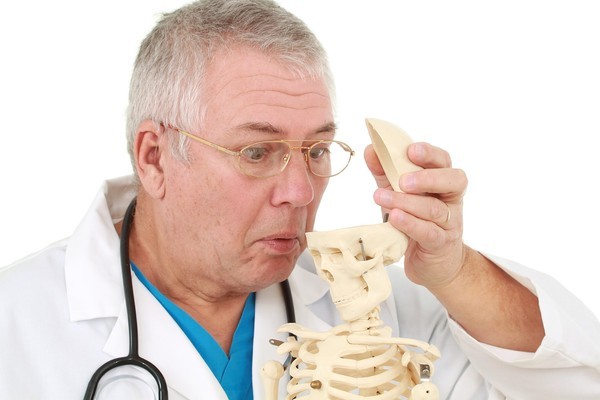At tumor board this week, we discussed what we tell our patients about prognosis. Some oncologists give detailed information, including specific survival times. Others never discuss the future, and let the events of the illness teach patient and family. All try to adjust what they say by what the patient needs, because each physician expressed one core goal; “Whatever I say I don’t want the patient to lose hope.” I thought about that message for a while and decided they are wrong.
The OED defines “hope” as to entertain the expectation of something desired. Synonyms, according to Roget, include faith, possibility, silver lining and no cause for despair. These are wonderful and powerful feelings. My concern is that they are feelings which have at their core a tendency to look away from hard truth. If our primary goal is to “hope” that things will go well, it may mean that we deny the reality that they are likely to go badly. I worry that when we deny reality we deny ourselves the chance to cope, instead of hope.
A 65yo man has Stage IV pancreatic cancer. His oncologist does not want to take away the man’s hope, so he immediately offers chemotherapy. The doctor does not say that this is a 100% fatal condition, but instead spends their visits talking about treatment and side effects. The man spends the next four months getting chemo, which has a minimal benefit. Then, instead of talking about prognosis, another chemo is offered. Never does the man hear the message, “you have a fatal disease, there is no absolute rule you must take chemo, you may want to spend the time you have doing something other than visiting the cancer clinic.” Hope of a chemotherapy induced blue-sky substitutes for complete information.
We all balance, hope and cope. We must use denial of the bad things that can happen, just to get through our normal daily lives, let alone deal with disease. Hopes and dreams are important to our emotional health and each of us has different needs. On the other hand, in my experience, the vast majority of people are emotionally strong and, with patience, teaching, support and love, can learn to cope with even terrible news.
A colleague of mine told me the story of a young neighbor, with school age children, who died of lung cancer. While she underwent aggressive medical care, she also received honest information regarding the fatal nature of her disease. She used the time at the end of her life to design, write and even film what she wanted for the future of her children, so that she would always be part of their lives. If she had been given only hope, and never the opportunity to cope, she might have might have gone blindly forward with treatment and been astonished when suddenly the end arrived.
I have deep respect for the compassion of physicians who commit their careers to sitting at cancer’s bedside. Their sensitivity to the emotional needs of their patients is in the finest tradition of their profession. However, I wonder whether there is a tendency in modern medicine to say little, offer too much and perhaps deny, in the service of hope. It seems to me that while we should never forget the possibility of the miraculous, and try always to avoid despair, that our patients are powerful beings and perhaps our true goal should be to move from the limits of hope, to the freedom and possibility of cope.






7 Comments